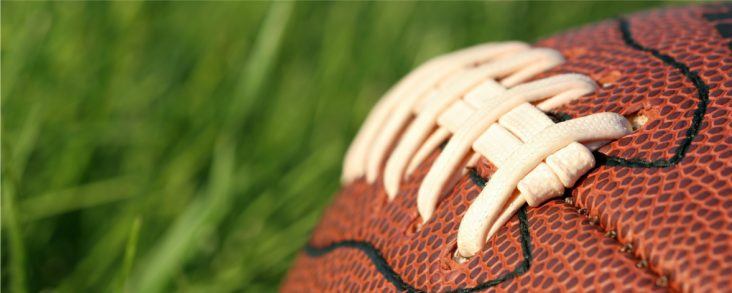Economist: 2Q GDP will be much worse than 1Q; no college football will zap regional economy
by May 3, 2020 8:36 pm 1,725 views

Economist Mervin Jebaraj isn’t going to sugar-coat it: the second quarter for the American economy will be much worse than the first quarter.
Jebaraj, economist with the University of Arkansas Walton College of Business and director of the Center for Business and Economic Research, said last week’s first quarter GDP [gross domestic product] reading of -4.8% – which will be revised as more data becomes clear – is a “preview of what’s to come.”
“If you’re looking at the statistical carnage, that will be the second quarter GDP figure that we’ll get later this year. So, you know, 4.8% sounds like a large number. It is a large number. It’s certainly one of the most dramatic declines we’ve seen in GDP,” he said. “It’s going to get worse. It’s not going to get better in the second quarter. At the scale of how bad it gets is really where the question is.”
Jebaraj said that preliminary data painted the first reading of a 4.8% contraction of GDP. As more data is added in the coming weeks for the second and third (final) GDP reading, we are likely to see a revision that could make the number worse.
He said healthcare was one of the biggest contributors to the staggering decline as hospitals and medical providers were forced to suspend elective and routine procedures in order to prepare their facilities and resources for the COVID-19 pandemic. Restaurants and food service establishments were another battered sector.
Another huge part of that decline came from obviously sales at restaurants and other food service establishment. And again, that’s no surprise. But a large part of that just happened at the end of March and is likely to be worse because most of these establishments have been closed, or are operating at a very, very reduced scale through all of the month of April and really the statistics or the carnage in terms of economic statistics really began in the middle of March. So it’s not fully reflected yet in how bad this will show up in the statistics.
While Arkansas’ governor is easing restrictions put in place during March to slow down the coronavirus, there is hope that a slow return to normal business might happen over the summer months. Still, consumer behavior will dictate those moves, Jebaraj said, and the risk of a second wave could once again inflict major economic catastrophe.
For Northwest Arkansas and other university communities, the possibility of no college football has major business ramifications. Jebaraj said sporting events around the world have ground to a halt and that’s compounded problems in the entertainment, hospitality and retail sectors.
“So all of that has gone away in the short run here and it is very unclear that at this point we would be able to have these types of large sporting events without a vaccine that is reliable and safe and effective for the population,” he said. “I’m not sure that we’re quite ready to put 50,000 people in a stadium anywhere or even 20,000 people in the stadium close together.”
Jebaraj noted that no college football would wreak havoc on the University of Arkansas’ athletic budget, where a strong double-digit percentage of ticket sales boosts the coffers. He also said that restaurants and hotels count on fall football games for a big portion of their annual business.
“So in a good year when the team was doing well each game, it brought in about $5 million in Northwest Arkansas,” he said. “I don’t know what it was last year, but anecdotally it sounded like it was really bad. In very many cases, restaurants and bars had more opposing team fans than University of Arkansas fans. So if we’re operating without fans, a lot of those restaurants that depend on really large sales in the fall to make up a huge part of their overall annual picture, are not going to see that and it’s going to be a big loss to them.”
You can watch Jebaraj’s full interview in the video below.
